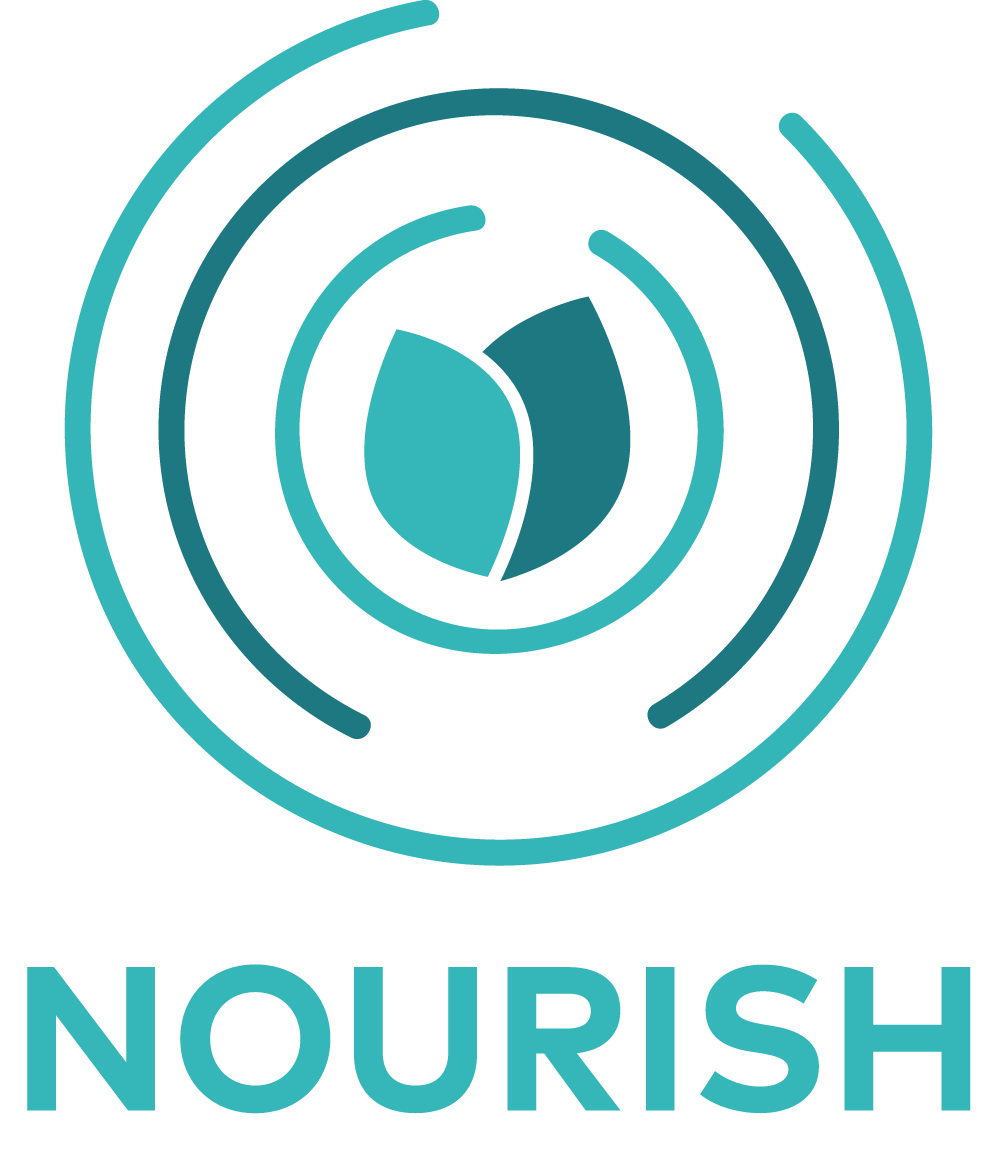Food in Health is Part of Healing: Enactment of the Local Food Act in Ontario Food as Quality Indicator
PROJECT OVERVIEW
This project aspired to address the regulatory and policy environment that shapes decisions around food in health care, specifically to advance provincial policies in Ontario that recognize food as central to health and healing. These efforts were based on the assumption that “what gets measured gets managed,” and sought to put food on the radar to build organizational will to incentivize food and nutrition managers and their colleagues to pursue more strategic, value-adding food procurement strategies. The team pursued twin strategies. First, to seize a policy window around the Ontario Ministry of Agriculture Food and Rural Affairs’s Local Food Act to “add teeth” to existing legislation that would require public institutions to track and report on their local food purchasing. Second, to explore the option of including a quality indicator related to food as part of Health Quality Ontario’s indicators.
For the first strategy, the team used a variety of tactics to engage with the Ministry of Agriculture and their MPPs to express their interest in seeing increased accountability measures for public institutions to track and report on their local and sustainable food spending. These included letter writing to the Ministry, phone calls to MPPs, sharing case studies from their organizations’ own local food sourcing and tracking efforts, and reaching out with invitations to events. Through these efforts the team garnered a response from the Ministry of Agriculture's senior policy analyst and was invited to share a four-point recommendation to the Minister at a public consultation event. In March 2019, the Ministry released a plan that reflected some of these recommendations but fell short of providing “teeth.”
For the second strategy, the team found that to get the attention of Health Quality Ontario, further evidence demonstrating the impacts of food decisions on health quality outcomes would need to be demonstrated for this pathway to be pursued. In the interim, the team concluded efforts would be best directed at highlighting best in class examples of individual organizations championing local sustainable food strategies and who had developed organization-specific policies for food in health care.
A dozen individual projects emerged from Innovators to improve staff and patient education around food. Many were focused on patient and resident awareness about local food sourcing efforts. Others included presentations to hospital boards about the role of food and gardens in care, development of new KPIs related to food, and education days or videos emphasizing the importance of mealtimes to non-food service staff. These efforts aimed broadly to build a culture, and sometimes attempts at organizational policy, that connect food with healing and wellbeing. A thread of cohort members are outspoken about the role of culturally-safe and sustainable food in healing and of food access as a social determinant of health.
PROJECT Updates
PROJECT TEAM
Marianne Katusin, Halton Healthcare
Kathy Berger, Health Sciences North
Dan Munshaw, City of Thunder Bay
Bernice Wolf, Children’s Hospital of Eastern Ontario
Travis Durham, Grove Park Home
Advisors
Wendy Smith
Hayley Lapalme
Kathy MacPherson
Jennifer Reynolds


